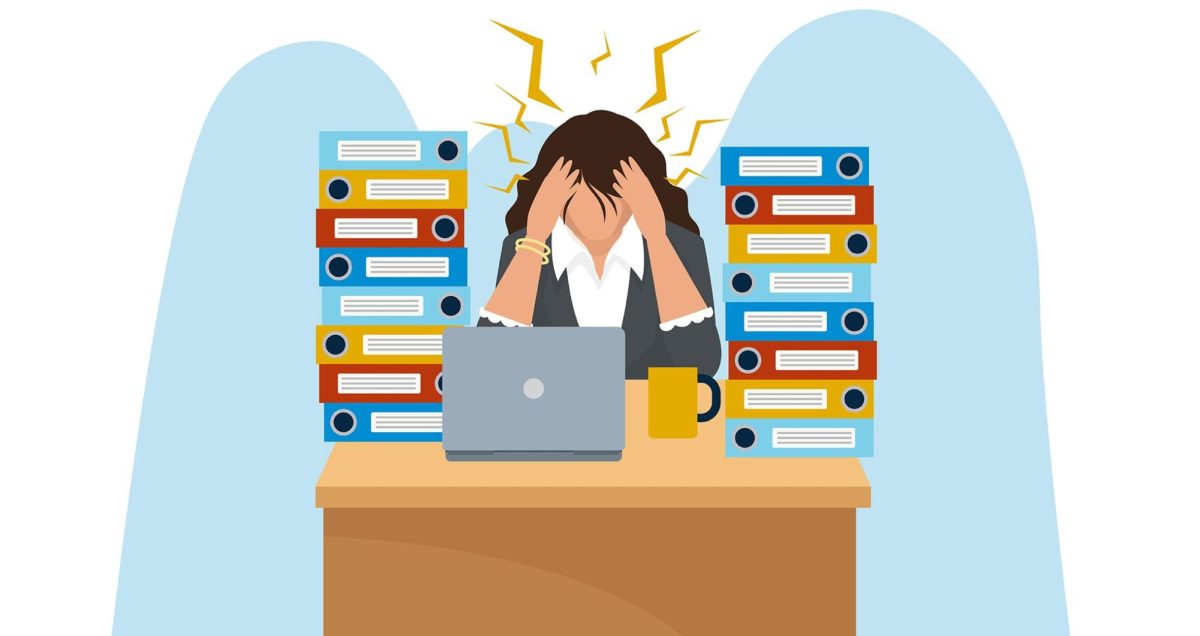Before you press the “Play Next Episode” button on your computer, you may want to think before you click.
A study conducted by the University of Texas at Austin discovered that viewers who binge on multiple TV episodes in one sitting may be doing so to cope with feelings of depression.
And who is the main demographic of online video/TV streaming? College students.
People within the ages of 18-29 are more likely to binge watch sites like Netflix and Hulu.
Senior and popular culture major Patrick McAdoo sees the impact that Netflix has on encouraging over-watching.
“Netflix basically invented binge-watching of shows, so the old standards of TV shows are changing because of that,” McAddo said. “Cliffhangers at the end of episodes aren’t as effective anymore when you can just watch the next episode 12 seconds later. Also, shows are starting to be written for Netflix and not even network television, and these shows, like Orange is the New Black, are becoming increasingly popular.”
This binge-watching, on average, consumes almost 15 hours per week.
Department Chair and professor of Psychology Mike Zickar believes that Netflix has become a part of “social isolation.”
“Watching too much, or even doing too much of any particular activity is really bad for you,” Zickar said. “You get sort of addicted where it’s hard to stop.”
This “social isolation” encourages procrastination and unhealthy lifestyles that students may not even realize they are a part of.
“Watching television by itself in moderation isn’t bad for you,” Zickar said. “But watching too much television keeps you from exercising, socializing and studying. It keeps you from living a healthy lifestyle.”
Since Netflix releases seasons at a time, it makes it especially easy for people to engage in this “binge-watching lifestyle.”
Sophomore Joe Sullivan is a student who used to be caught up in watching too much Netflix.
“I don’t watch Netflix that much anymore since the semester has been picking up,” Sullivan said. “At the beginning of the semester I watched the entire Parks and Recreation TV series in like three weeks.”
Sullivan went on to say that the over-watching caused him to be fatigued, have less motivation and not study as much as he should have.
“I honestly believe that people spend too much time watching Netflix. Since it’s so easily accessible I think a lot of college students abuse it.”
Netflix has revolutionized the delivery of movies, and can be good for you, in moderation.
“You have to look at [it] like a treat,” Zickar said. “Look at dessert, for instance. Dessert is a wonderful thing, but too much of it leaves you feeling awful.”
Zickar suggested finding ways to “treat yourself.”
Study for an hour or two, then watch one episode of your favorite show.
“Sometimes distractions are good,” Zickar said. “Just like studying for 10 hours is bad, you need to find that balance and take a break here and there.













